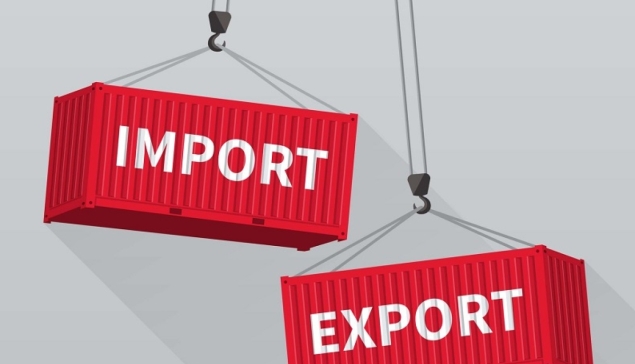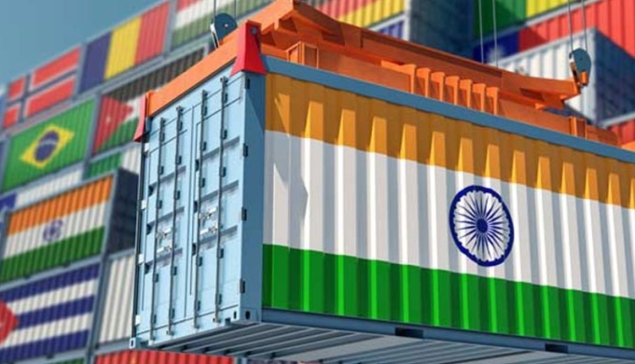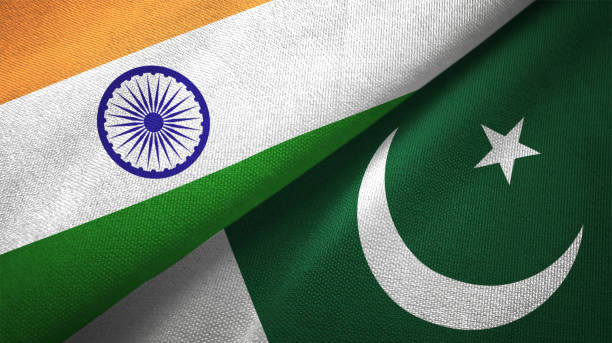Following a devastating genocide in Pahalgam, India, the Indian government has responded with a series of assertive measures against Pakistan.
"Pakistan set to have a tough time": FIEO CEO on trade fallout after Pahalgam terror attack
These actions include the significant suspension of the Indus Waters Treaty, the cancellation of all visas for Pakistani citizens, a downgrading of diplomatic ties accompanied by a reduction in mission strength on both sides, and the sealing of the vital Atari border trade route.
Pakistan has swiftly retaliated by revoking all trade activities with India, closing the Wagah border with immediate effect, placing all bilateral agreements, including the long-standing Shimla Peace Agreement, in abeyance, and closing its airspace to Indian airline companies, while vehemently stating that any attempt to impede its water flow as per the Indus treaty would be considered an act of war.
Expert analysis of the escalating situation suggests that Pakistan's persistent support for terror groups has increasingly isolated it on the global stage.
Comparisons are drawn to past high-tension periods and terror incidents, highlighting a pattern of Pakistan seemingly disregarding international reputational costs, a stance often attributed to its nuclear capability and perceived geostrategic importance.
Analysts underscore the urgent need for India to formulate and implement a more coherent and steadfast Pakistan policy, advocating for the strategic use of economic sanctions, a significant bolstering of diplomatic and public relations efforts to counter Pakistan's narrative, and exploring opportunities to leverage its relationship with influential nations like the US to push for international sanctions, alongside addressing the complex dynamics within Kashmir.




















